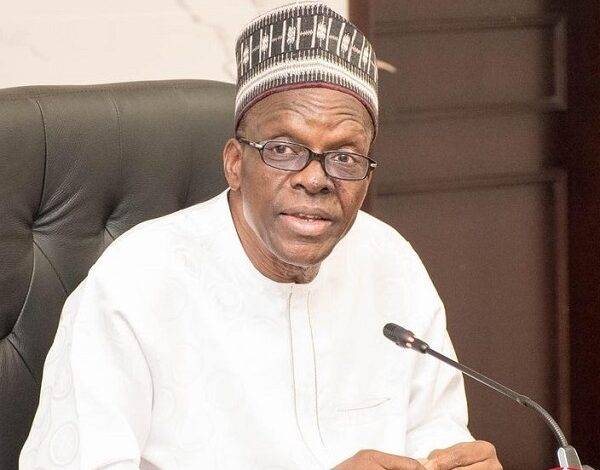
Speaker of Parliament, Alban Bagbin, has indefinitely adjourned proceedings in the House, citing the absence of a quorum as the primary reason for halting the session.
The adjournment occurred on Tuesday, October 22, following a notable announcement from the Speaker.
Bagbin revealed that he had received official communication from the Supreme Court regarding his previous decision to declare four parliamentary seats vacant.
However, he refrained from divulging any specifics about the court’s correspondence.
The matter stems from a ruling issued by the Supreme Court on Friday, October 18, directing Parliament to recognize and reinstate the four affected Members of Parliament (MPs) until a final decision is made in the ongoing legal dispute.
This ruling contradicted Speaker Bagbin’s earlier declaration on Thursday, October 17, which vacated the four parliamentary seats, triggering political tension in the House.
The constituencies and MPs in question are:
1. Cynthia Morrison (NPP – Agona West, Central Region) – Filed to contest as an independent candidate.
2. Kwadwo Asante (NPP – Suhum, Eastern Region) – Also running as an independent candidate.
3. Andrew Asiamah Amoako (Independent – Fomena, Ashanti Region) – Seeking to return to Parliament under the New Patriotic Party (NPP) banner.
4. Peter Kwakye Ackah (NDC – Amenfi Central, Western Region).
The controversy ignited when Haruna Iddrisu, the former Minority Leader, invoked Article 97(1)(g) of the Constitution in his petition to the Speaker.
According to this article, any MP who either leaves the party that sponsored their election or seeks to remain in Parliament as an independent candidate is required to vacate their seat.
Bagbin, acting on this petition, declared the seats vacant, a move that effectively granted the National Democratic Congress (NDC) a majority in the House.
However, the situation took another turn when Majority Leader, Alexander Afenyo-Markin, challenged the Speaker’s decision by filing a suit with the Supreme Court.
The court responded by issuing a stay of execution on Bagbin’s ruling, thereby allowing the four MPs to retain their seats temporarily.
Despite this Supreme Court intervention, NDC lawmakers have remained firm in their stance, aligning with the Speaker’s original ruling and asserting their newfound majority position in Parliament.
The ongoing standoff between the NDC and the New Patriotic Party (NPP) continues to fuel political uncertainty, with both sides awaiting the Supreme Court’s final judgment on the matter.
As the adjournment leaves the House in a state of suspension, all eyes now turn to the legal proceedings and the broader implications for Ghana’s political landscape.
The case not only tests the balance of power in Parliament but also underscores the complexities of constitutional interpretation in the country’s evolving democracy.
Story by: Mercy Addai Turkson



